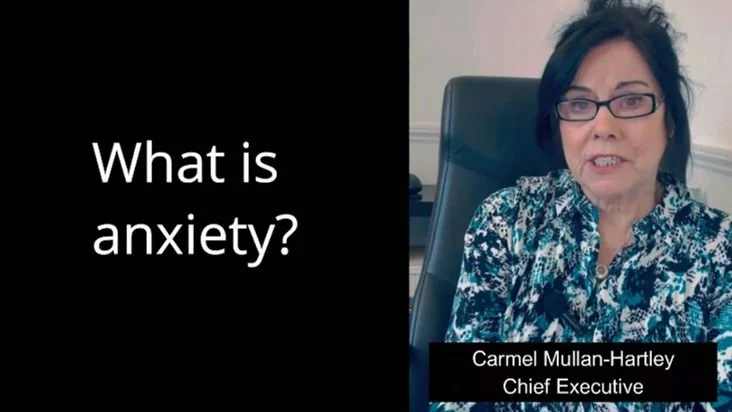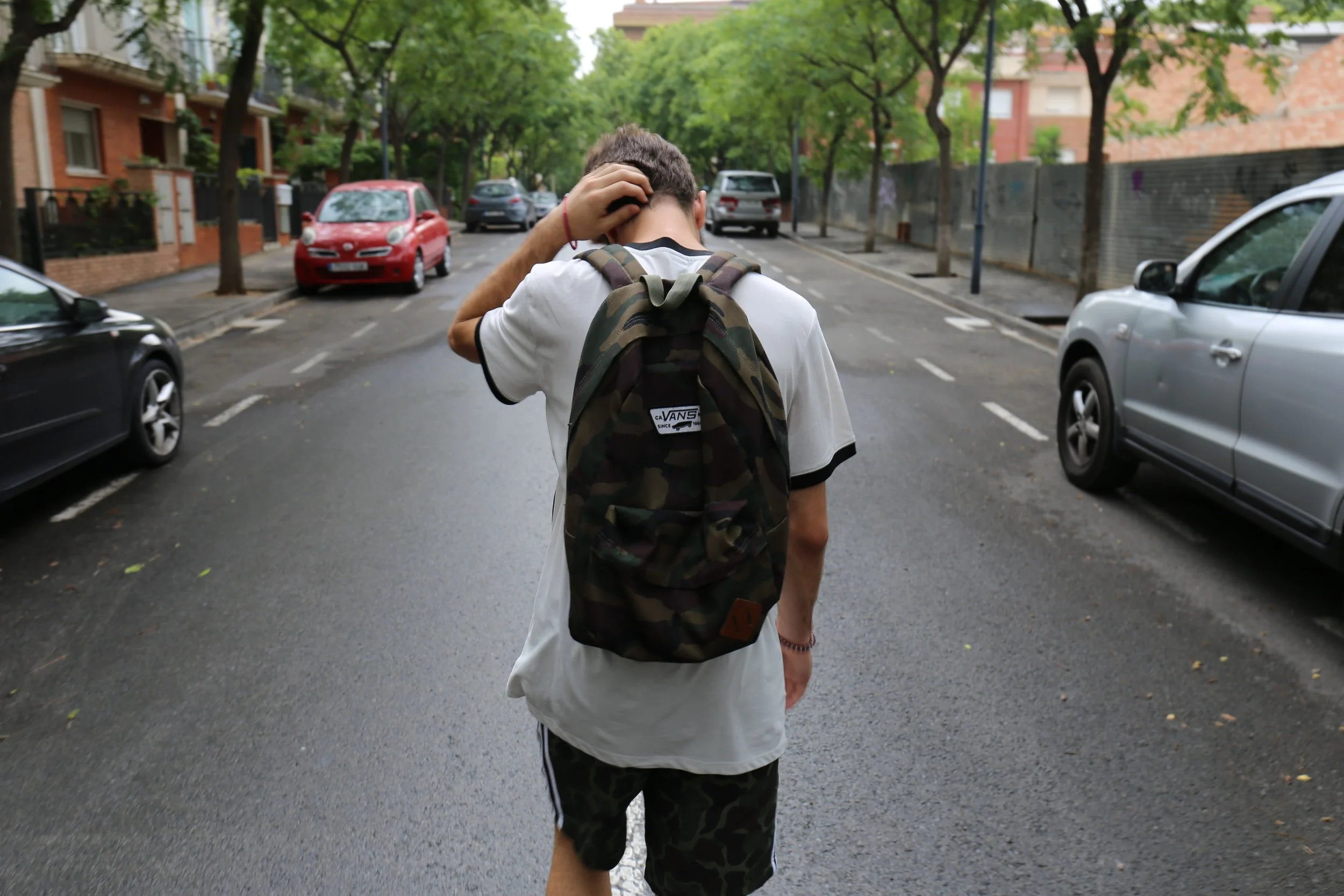ABOUT
What to do in a crisis
Worried about someone you care about?
If you are worried that you or someone you know are at immediate risk of suicide or harm, please contact 999 or head directly to A&E.
Unfortunately we do not offer a 24 hour service at Open Door, and there may be a waiting list for our counselling services. We understand you may want to speak to someone straightaway.
If you or someone you know is experiencing an urgent mental health crisis, please contact one of the free services below. Stay in as safe environment as possible while doing so.
Services for young people
Childline (24/7) call 0800 1111 or chat 1-2-1 online
Papyrus (24/7) call 0800 068 41 41 or text 07860 039967
The Mix (4pm - 11pm M-F) call 0808 808 4994 or chat 1-2-1 online OR (24/7) text THEMIX to 85258
Please also visit the NSPCC website for a wealth of support and tips to help you keep children safe - from advice on children’s mental health to staying safe online, support for parents and what to do if you’re worried about a child.
Services for adults
CALM helpline (5pm - 12am) call 0800 58 58 58 or chat online
National Suicide Prevention Helpline UK (6pm - 12am) 0800 689 5652
Samaritans (24/7) call 116 123 or email jo@samaritans.co.uk
SHOUT (24/7) text SHOUT to 85258
Switchboard LGBT+ Helpline (10am - 10pm) call 0800 0119 100 or chat 1-2-1 online
For face to face support, Birmingham Mind provide crisis intervention support from three venues in Erdington, Northfield and Selly Oak, offering face to face support from 5pm – 11pm every day. Call 0121 262 3555 for an appointment.
“AT OPEN DOOR WE ARE REALLY PASSIONATE THAT YOU RECEIVE THE VERY HIGHEST LEVEL OF CARE”











